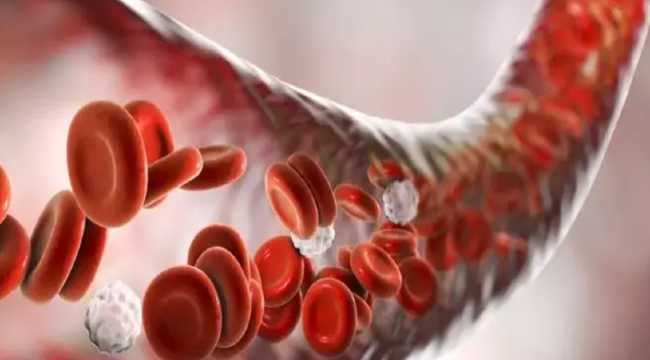Great Britain approves a gene therapy drug for the treatment of two blood illnesses

Britain has made a historic move by approving a gene therapy drug for the treatment of two blood disorders, becoming the first in the world to do so.
According to the BBC, the UK Medicines and Healthcare products Regulatory Agency (MHRA) has granted permission for the gene therapy treatment called Casgevy, which it describes as the ‘first of its kind.’
Julian Beach, the interim executive director for quality and access in MHRA’s Directorate of Health Services, said, “Both sickle cell disease and transfusion-dependent beta-thalassemia are painful, lifelong conditions that can be fatal in some cases. Until now, a bone marrow transplant from a closely matched donor, carrying the risk of rejection, has been the only permanent treatment option.”
Beach also stated that in trials, it was observed that the treatment “restored healthy hemoglobin production and alleviated symptoms in most participants with sickle cell disease and transfusion-dependent beta-thalassemia.”
Sickle cell disease and beta-thalassemia are two inherited blood disorders triggered by errors in the hemoglobin gene. Therefore, this new treatment is considered a ‘groundbreaking development.’
Crispr, the gene-editing tool used in the treatment and licensed for use, earned its inventors the Nobel Prize in 2020.
Treatment Method
Gene editing enables the precise manipulation of DNA. The treatment involves collecting stem cells from the patient’s blood or bone marrow.
In the laboratory, the Crispr gene-editing tool uses molecular scissors to make precise cuts in the DNA of cells, thus disabling the faulty gene. The modified cells are then reintroduced into the body through transplantation, enabling the production of functional hemoglobin.
In trials, 28 out of 29 sickle cell patients were relieved of severe pain, and 39 out of 42 beta-thalassemia patients did not require a blood transfusion for at least one year. It is hoped that this could be a permanent solution.
Trials are ongoing in the UK, the US, France, Germany, and Italy.




